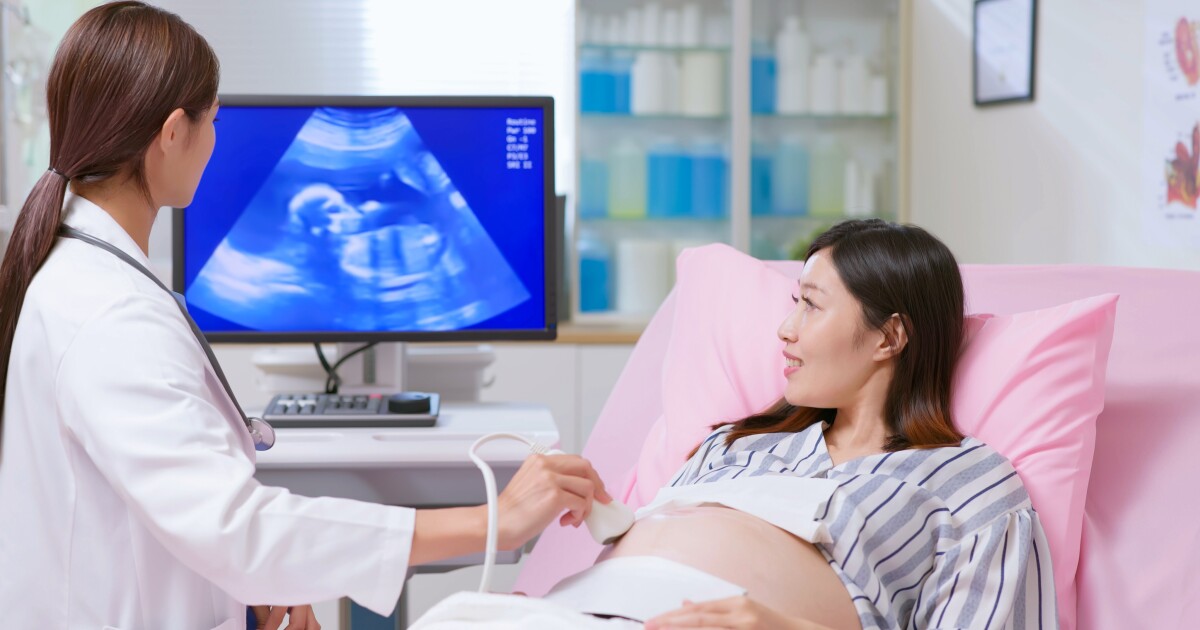

Obstetrician-gynecologists are disputing the safety of the abortion pill mifepristone as litigation on Food and Drug Administration approval makes its way through the courts.
The American College of Obstetricians and Gynecologists, in conjunction with the American Medical Association, the American Academy of Pediatricians, and several other organizations, filed an amicus brief with the 5th U.S. Circuit Court of Appeals arguing in favor of the abortion pill’s safety.
ALITO ISSUES STAY OF TEXAS JUDGE’S RULING IN MIFEPRISTONE CASE, SETTING UP SCOTUS SHOWDOWN
“Mifepristone is safe and effective,” the groups state. “Hundreds of medical studies and vast amounts of data amassed over the course of two decades have confirmed it. The FDA based its initial approval on robust evidence showing mifepristone was extremely safe.”
Not all OB-GYNs agree. The American Association of Pro-Life Obstetricians and Gynecologists and the Charlotte Lozier Institute both point to what they regard as shoddy medical studies and an increase in emergency room visits, among other concerns.
“Claims supporting the safety of mifepristone are based on remarkably weak evidence, such as studies that in no way reflect the drug’s real-world use, whereas the reality of the drug’s harms is well-documented,” AAPLOG CEO Dr. Christina Francis, a practicing OB-GYN, told the Washington Examiner. “The quantity and quality of the evidence against mifepristone’s safety speaks louder than assertions made by leaders of medical organizations whose ideological commitments to abortion reflect neither the science nor the views of the physicians they claim to represent.”
CLI Vice President and Director of Medical Affairs Dr. Igrid Skop, who has been an OB-GYN for over 25 years, had a similar message, telling the Washington Examiner that ACOG is a “pro-abortion, not just pro-choice,” organization.
“The abortion industry in the United States has a vested interest in not detecting complications,” Skop said, explaining that much of the data used in studies concluding the safety of mifepristone are incomplete and do not take into account a significant portion of “lost to follow-up” patients whose experiences with the drug are untraceable.
While the pro-abortion pill amicus brief states, “Serious side-effects are exceedingly rare compared to many commonly used medications, occurring in less than 1% of patients,” Skop maintains studies showing that are highly questionable.
Often, the data do not even exist because the abortion advocates “fight tooth and nail whenever there is a suggestion that we should mandate reporting about anything to do with abortion. So this so the data is very, very poor,” the doctor said.
Skop points to studies using “records linkage data,” which tracks patient medical records to determine medical complications with the drug.
Such data “consistently demonstrates that about 1 out of 20 women needs surgery after chemical abortion often in the emergent circumstances,” she said. “This is about three times the incident that the abortion industry presents in their studies.”
One such records linkage study concluded, “Incidence of adverse events was fourfold higher in the medical compared with surgical abortion.”
According to Skop, the FDA typically uses studies with less-conclusive data when making determinations on the drug.
CLICK HERE TO READ MORE FROM THE WASHINGTON EXAMINER
Despite ACOG and AMA advocacy, both Skop and Francis said the vast majority of OB-GYNs do not perform elective abortions because they started their specialty with the goal of caring for two patients: the mother and the unborn.
“More than 90% of OB-GYNs do not perform elective abortions; this practice plays no role in the comprehensive healthcare they offer,” Francis said. “Organizations like the AMA and ACOG claim that the best solution for a deplorable maternal mortality rate is to simply eliminate our fetal patient, rather than coming up with real solutions that will maximize the health of our patients.”





